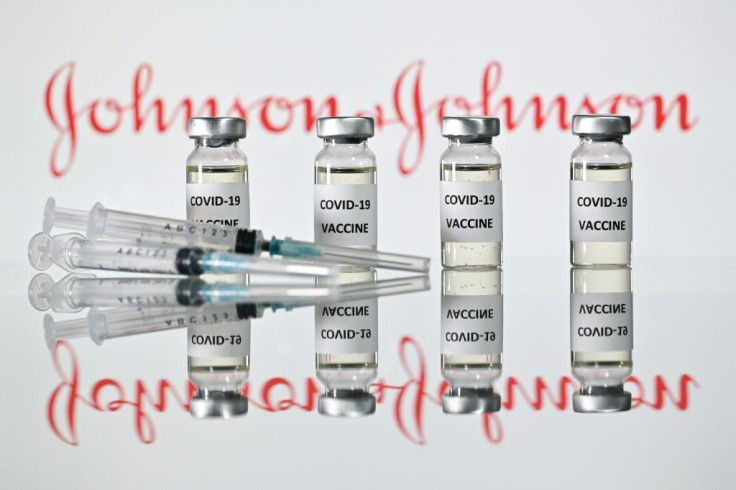J&J Vaccine Gets Emergency Use Authorization

Update: On Saturday, the FDA formally granted Emergency Use Authorization for the Johnson & Johnson vaccine. J&J has already begun shipping the vaccine, with over 20 million doses expected in the US before the end of March and a total of 100 million available nationwide during the first half of 2021.
Acting FDA Commissioner Janet Woodcock, M.D. explained in a news release that “The FDA, through our open and transparent scientific review process, has now authorized three COVID-19 vaccines with the urgency called for during this pandemic, using the agency’s rigorous standards for safety, effectiveness and manufacturing quality needed to support emergency use authorization.”
Original story:
On Wednesday, the FDA announced that the Johnson and Johnson coronavirus vaccine was safe, more effective on serious cases of Covid-19 than on more moderate cases, and totally protective against hospitalizations and death.
Today, the independent group of infectious disease professionals that advises the FDA on whether a vaccine should receive a thumb’s up or down, is meeting for an all-day discussion on the J&J vaccine’s merits and shortcomings. The group is charged with deciding if the vaccine’s merits outweigh its shortcomings.
If past is prologue, the experts will make a recommendation quickly, and the FDA will grant emergency use authorization even more quickly. And then we all wait for production and distribution. According to the Washington Post, full ramp-up of vaccine production won’t occur for another month. Some doses, about 20 million, should be available in March.
As for its effectiveness, the J&J vaccine is not as impressive as its two approved predecessors. Timing of the others’ approvals and the emergence of the more insidious variants apparently have played a role. The Pfizer vaccine and the Moderna vaccine were approved one week apart in December. The variants started showing up in the fall.
The Johnson&Johnson vaccine, developed by its subsidiary Janssen Biotech, is reported to be 72% effective against moderate to severe Covid cases in the US. But in South Africa, the vaccine was 64% effective in the same category of disease. The New York Times reports that its effectiveness is much higher with severe levels of disease; in the US and South Africa, its efficacy was at least 82%. The J&J trial included 45,000 participants worldwide.
The Johnson&Johnson vaccine is a one-dose product that doesn’t require excessive refrigeration levels. The other two vaccines require an initial shot and then a booster.
The logistics regarding the Pfizer vaccine should be getting easier, however, as the FDA granted Pfizer’s request to have its product stored at standard pharmacy-refrigeration levels.The FDA said that Pfizer submitted documentation showing that the vaccine was not altered after being stored, undiluted, for two weeks at normal freezer temperatures.
In Israel, the Pfizer vaccine apparently has reduced the use of ventilators in those 70 and older, two months after the country started its vaccination plan in December. The study, reported in the CDC’s Morbidity and Mortality Weekly Report, said that by February 84% of that age group had received their second shot, while just 10% of people younger than 50 had been totally vaccinated. Comparing the two age groups, the need for ventilators in the older group declined 67% by February. The preliminary conclusion was by vaccinating eligible groups, disease spread was minimized and severe disease was possibly reduced.
And in another study conducted in Israel and published in the New England Journal of Medicine, researchers found that at least 7 days after the second dose of Pfizer vaccine is administered, the vaccine is 92% effective.



























